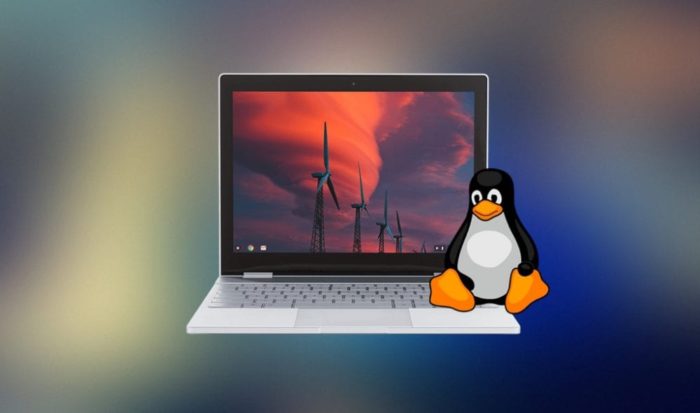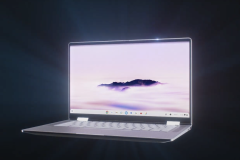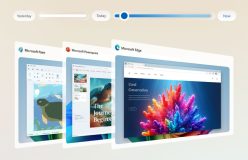Midway through 2018, Google wowed many Chromebook users by allowing them to run desktop Linux apps on Chrome OS. Though this support currently works through a virtualized Linux, based on Debian, Google has been continuously improving the support. Features like graphics acceleration are lined up for future addition. And the company isn’t stopping there. It now plans to allow device managers to choose a Linux distro on which it runs.
Choose a Linux distro for your Chromebook
There exist many flavors of Linux, each with their own pros and cons, and Google is planning to let Chromebook users choose their preferred one. As one distro does not fit all, this is an important development especially for developers and the companies that are very particular about which operating systems their employees run company programs on. Google, for instance, has its own “gLinux”, a modified Linux distro based on Debian. Obviously, it comes with Google-specific enhancements.

The same applies for individual developers who are working in a distro-specific software configured in a certain way. But all these restrictions means many developers couldn’t use Chromebooks for work purposes even if they love the Chrome OS ecosystem. Google is now planning to end that.
As per 9to5Google, who spotted the change in Chromium’s codebase:
“Device administrators will be able to designate a URL for Chrome OS to download the Linux distro from a hash to ensure the download was successful. It’s also intended for a license key (if necessary) to be preset. It’s not yet known if any modifications will need to be made to the Linux distro itself to work with Chrome OS.”
The feature, however, appears to be limited to managed Chrome OS devices and device admins. Chrome OS should automatically download and install what it needs to run Linux apps. Non-managed users are out of luck, at least for the time being.
Google is currently testing the distro under the codename “Pita.”


















